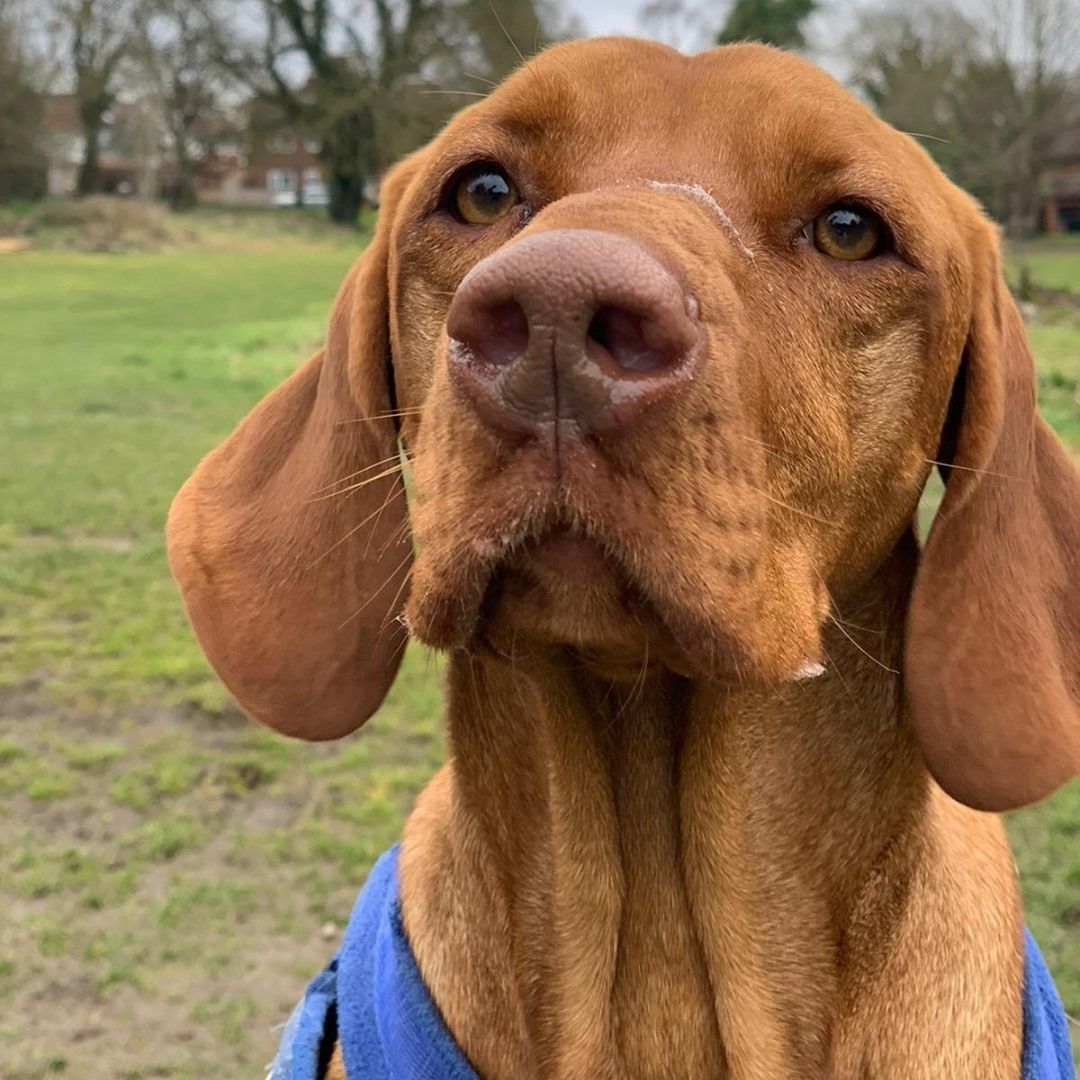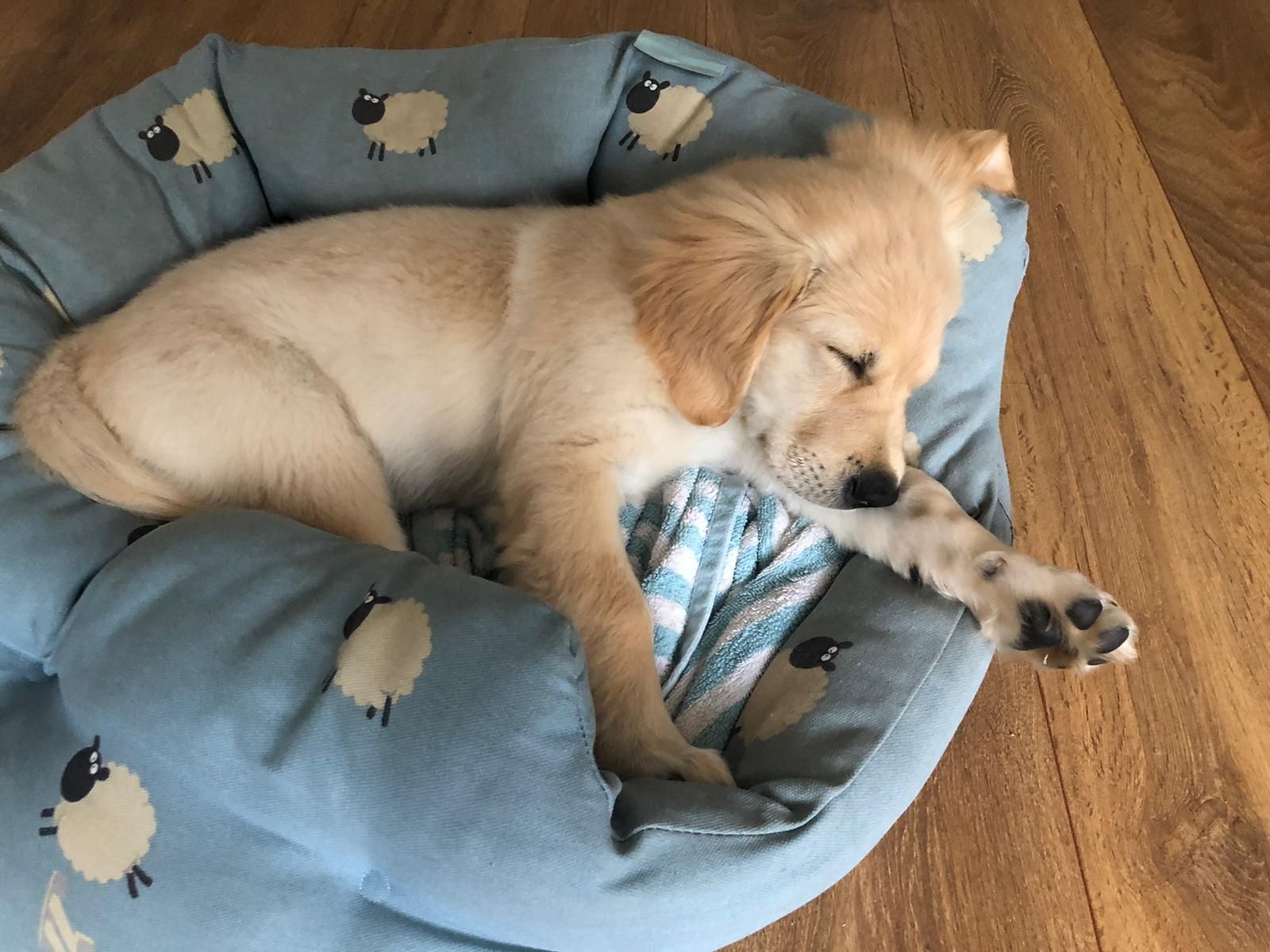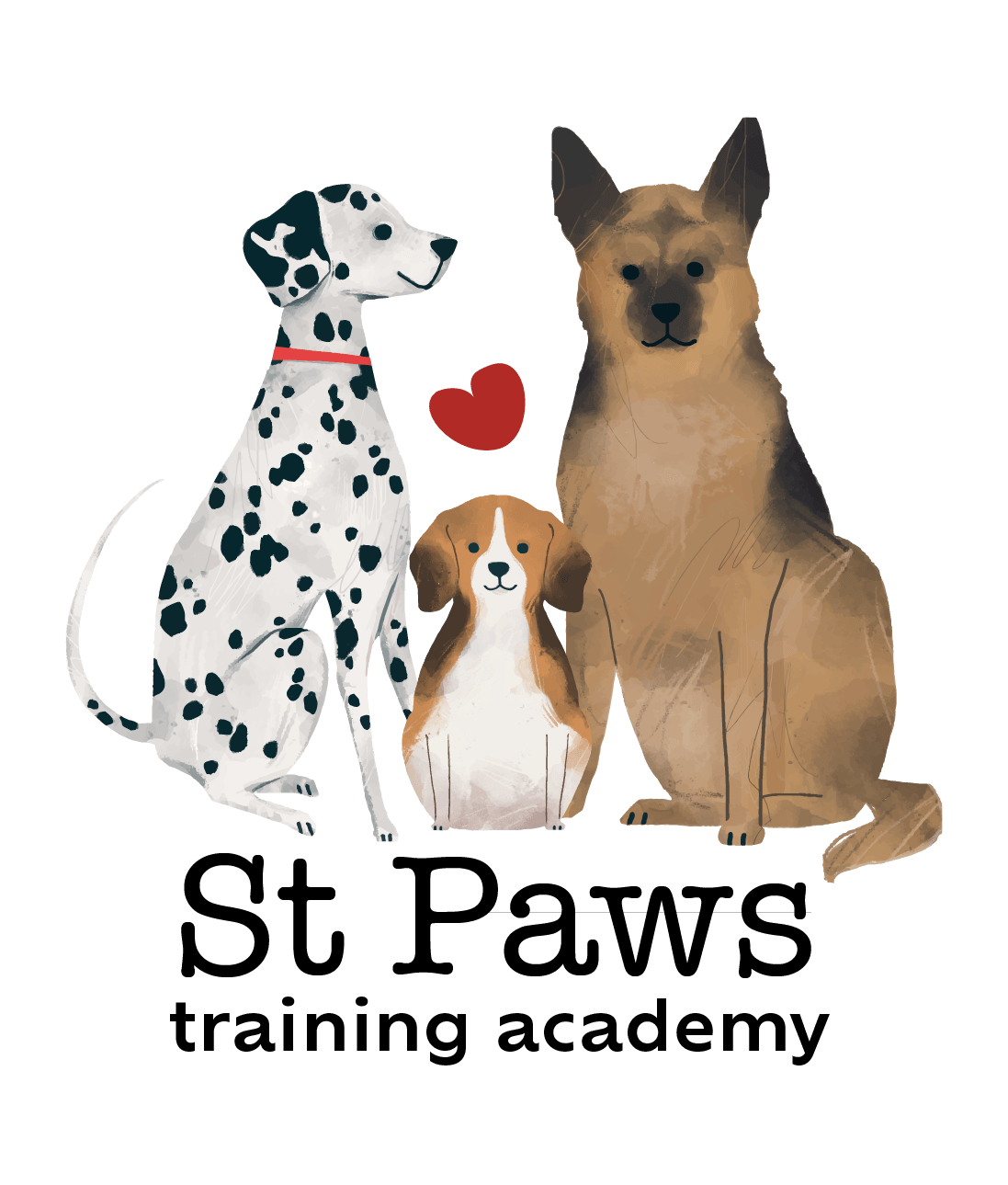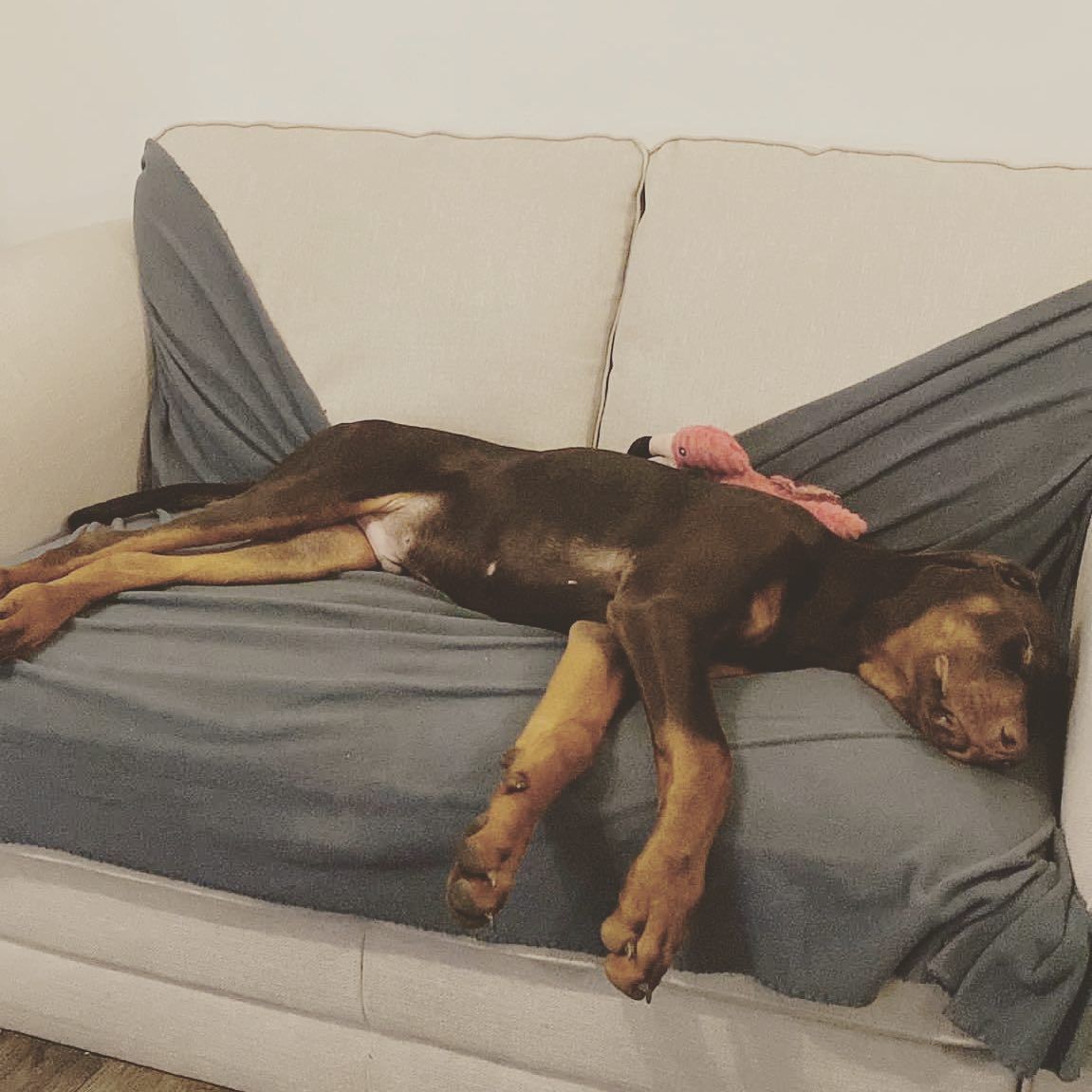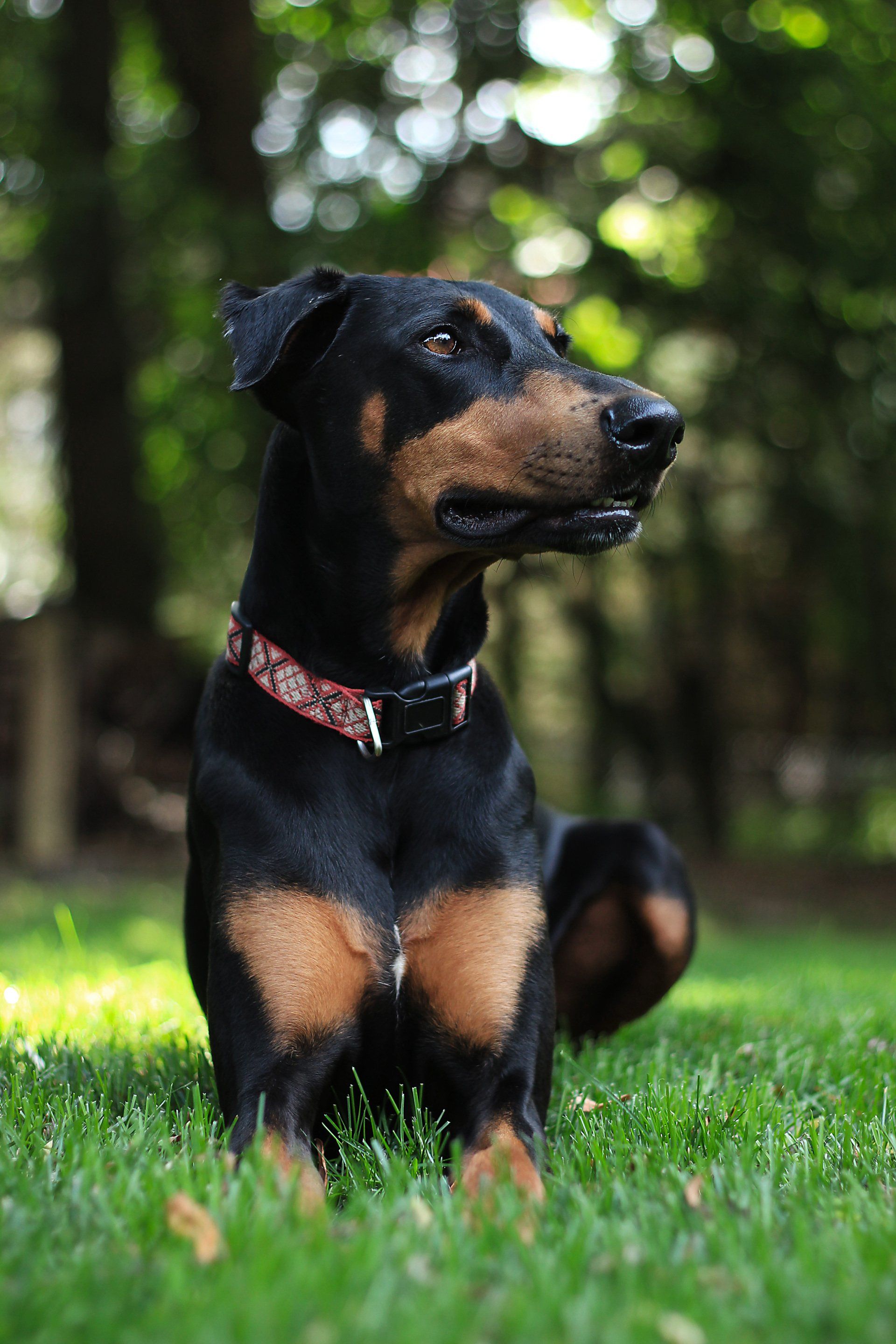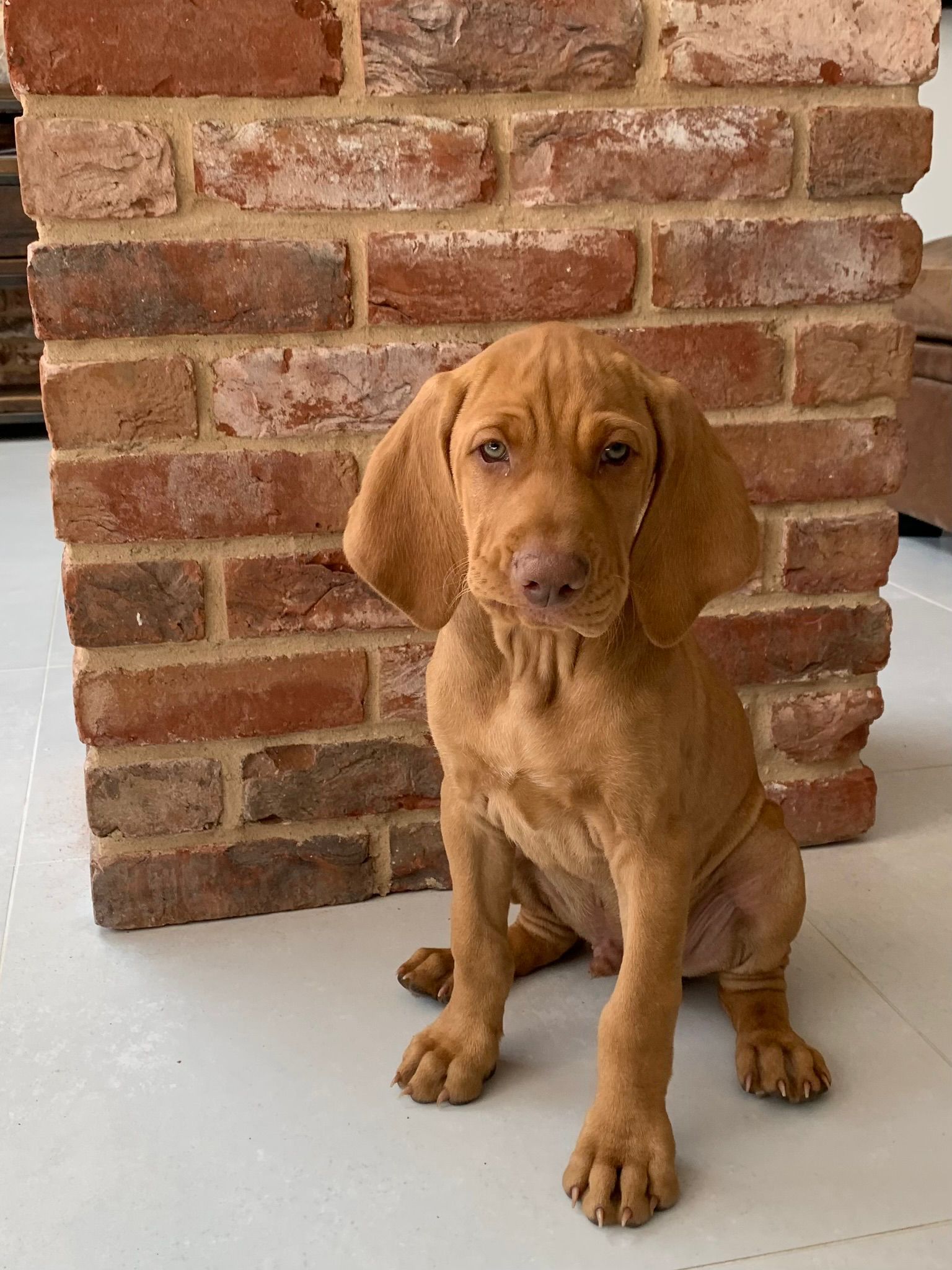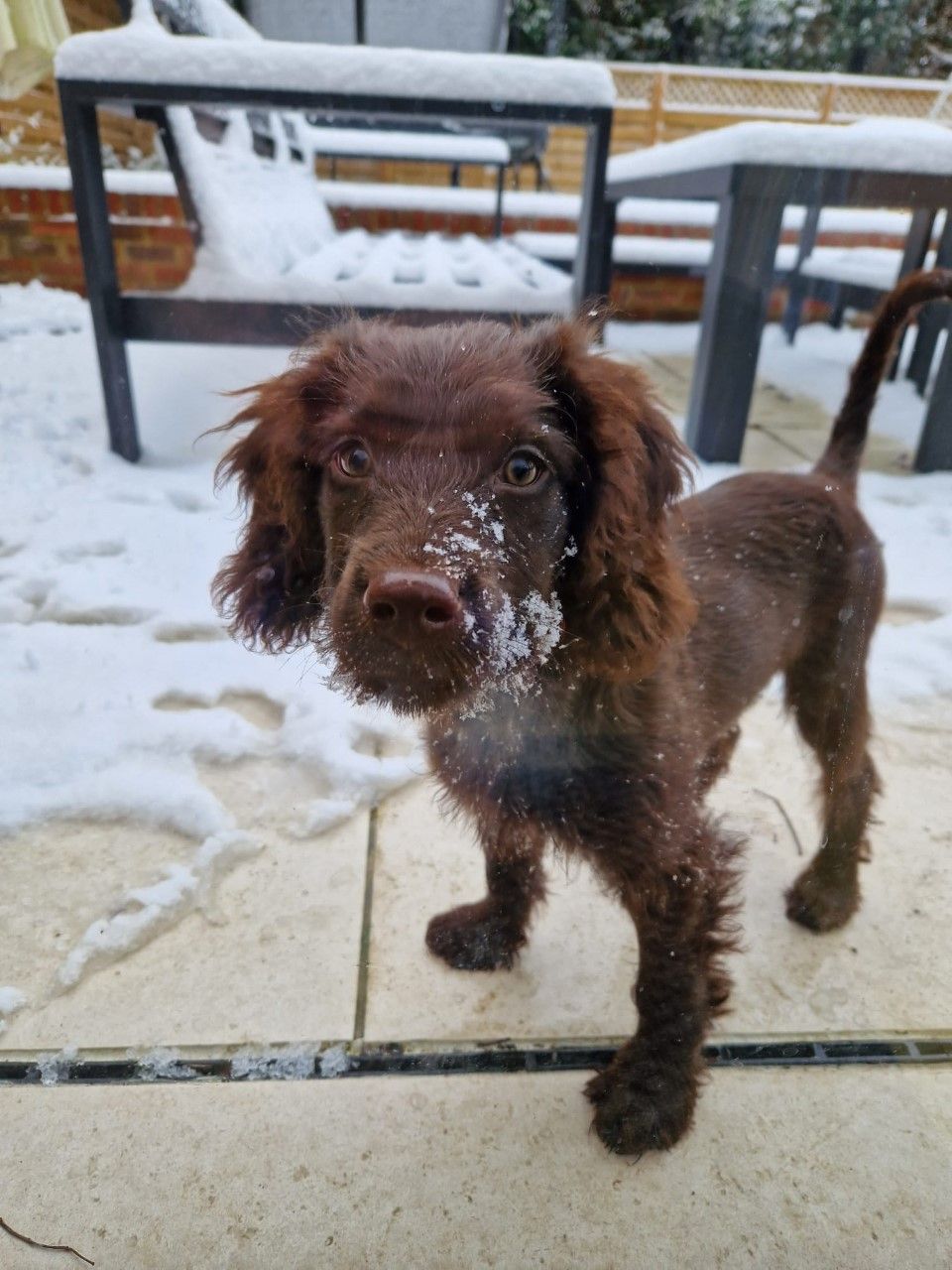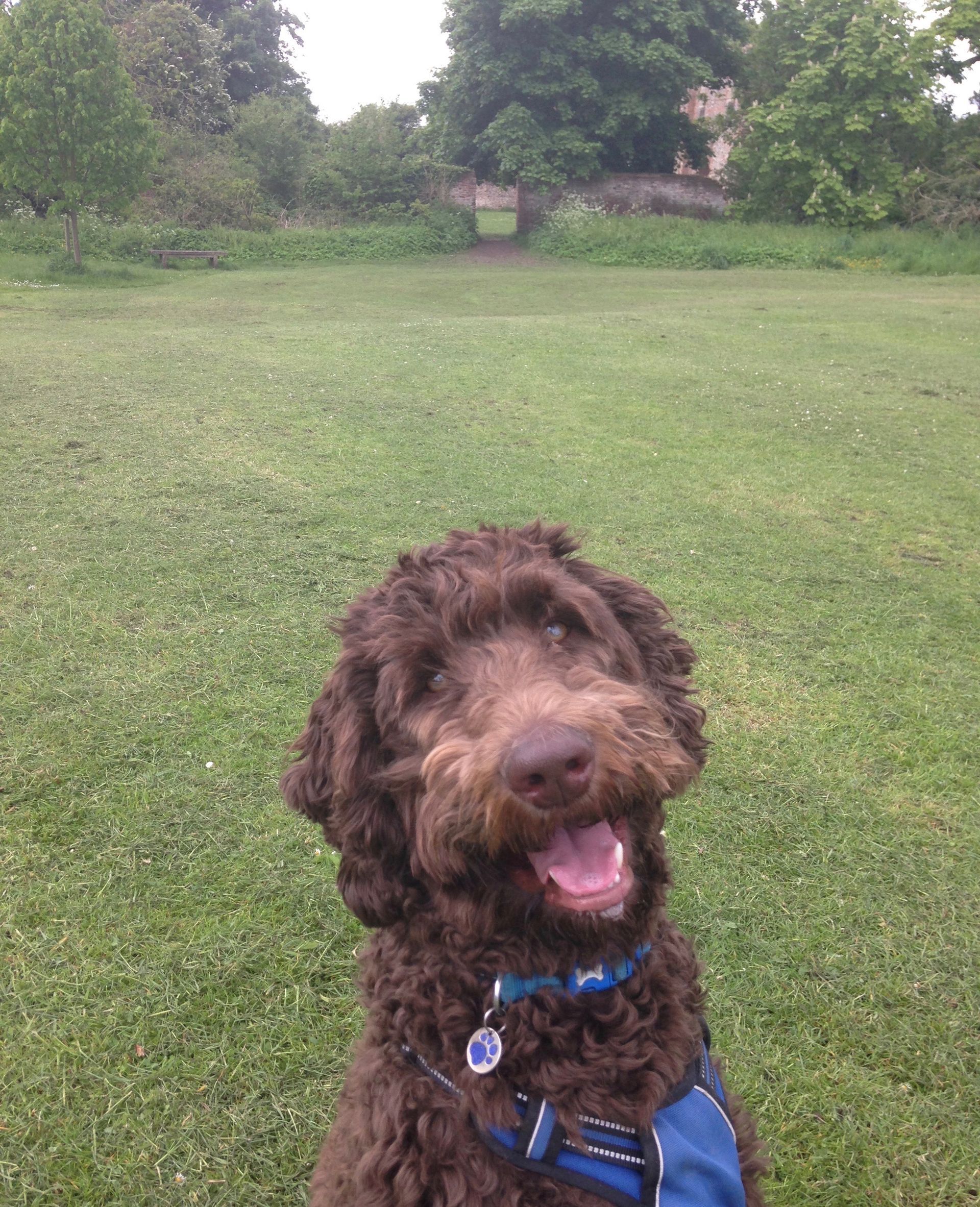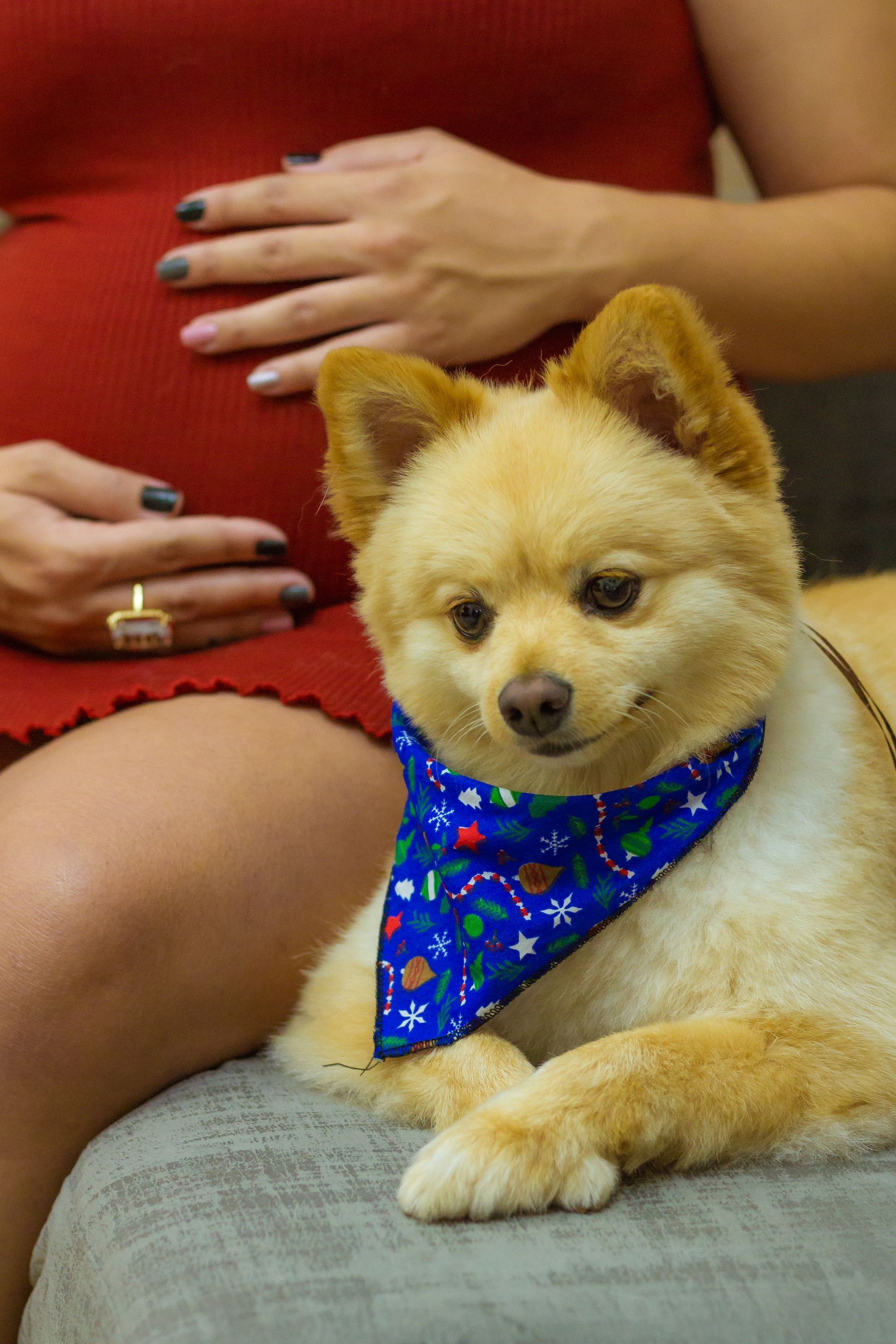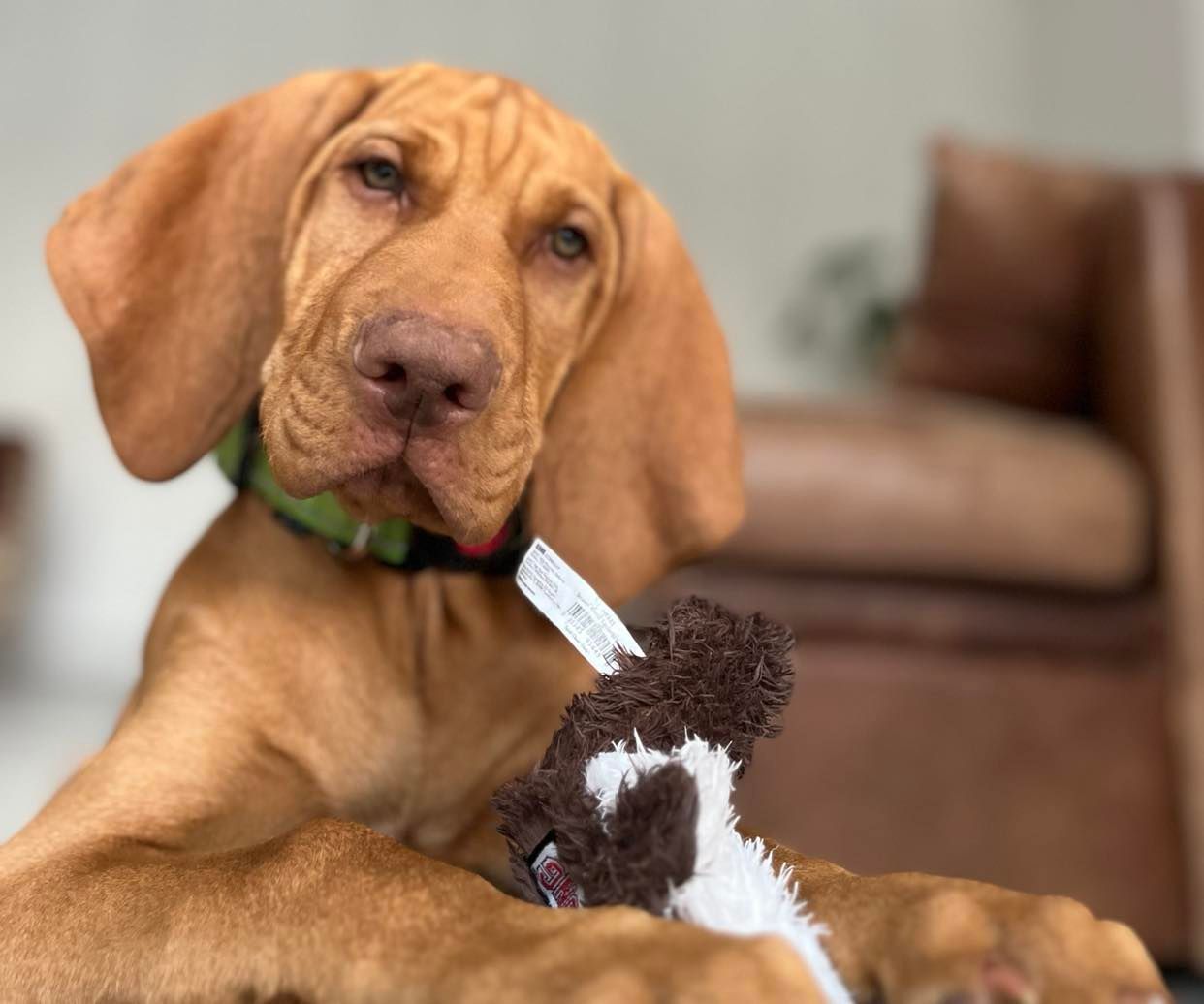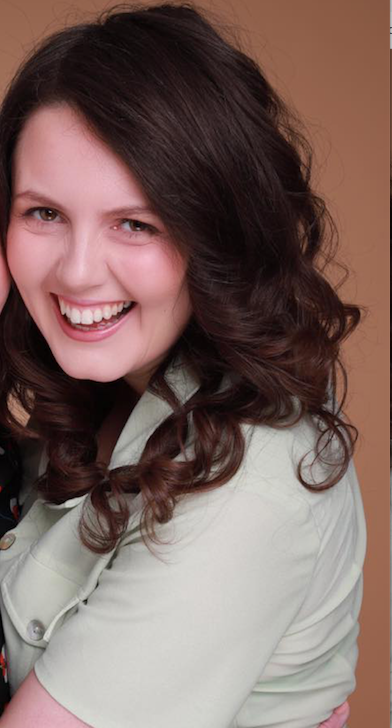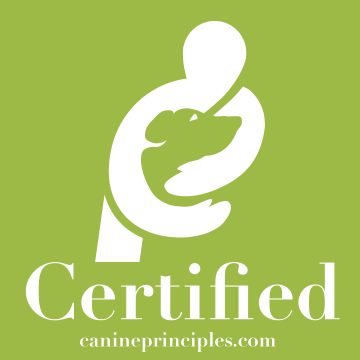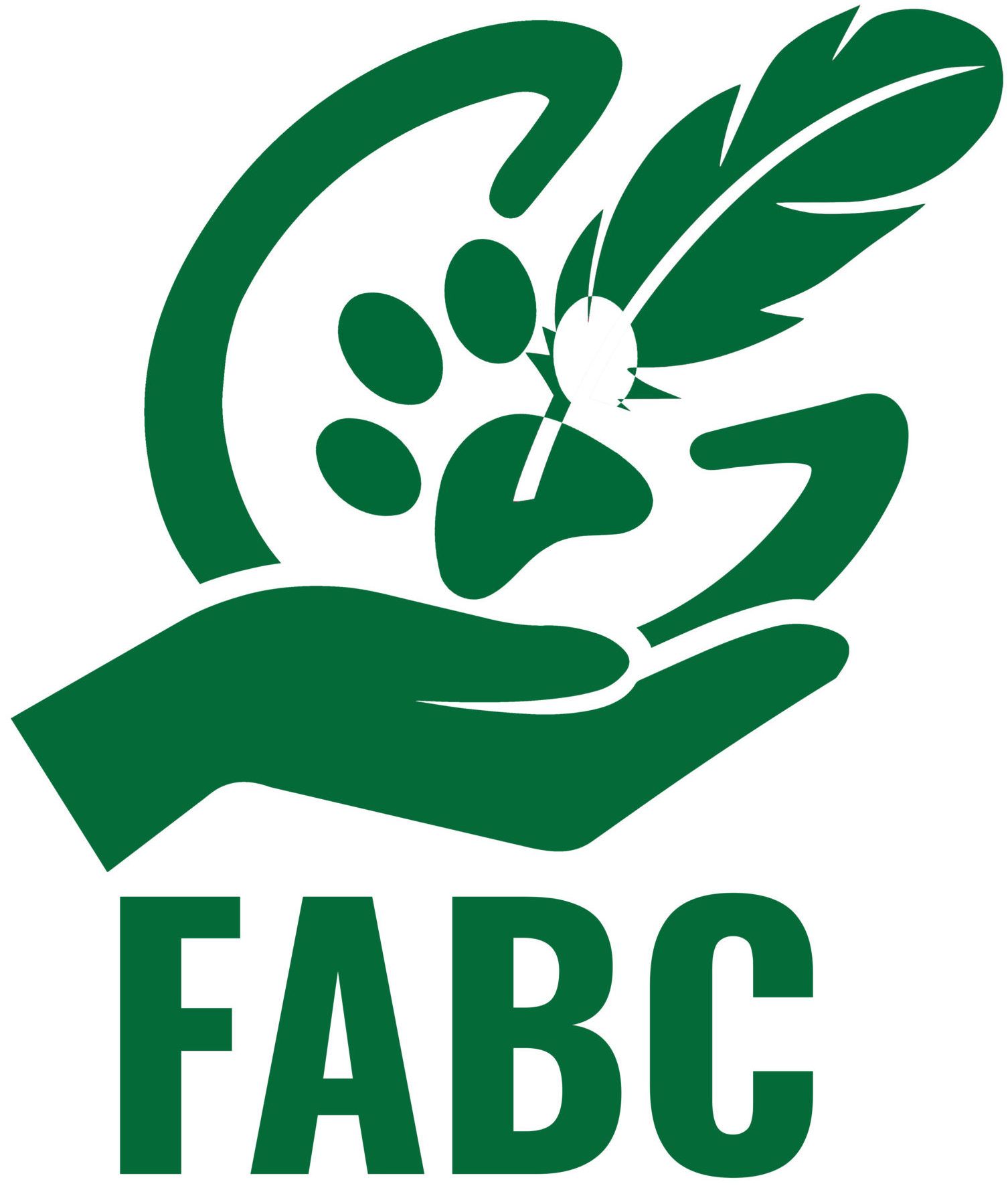Can some dogs be a little too friendly?
You’re in the park and your dog is playing with other dogs.
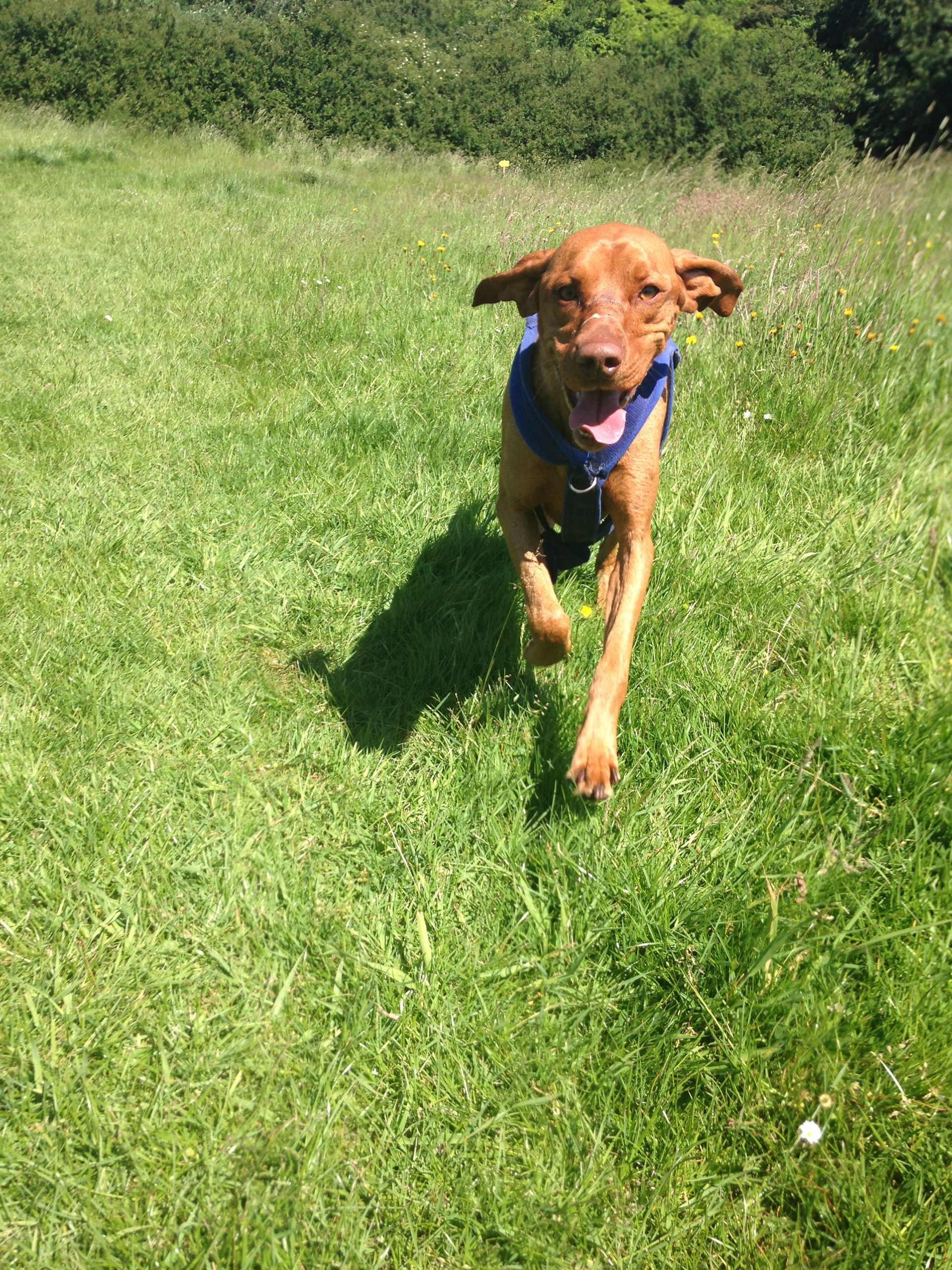
Despite them having good fun in and ample time to run around and let off some steam they are too excited and can't listen to you. You call their recall word but it is as if they have headphones in! To use an analogy with children, it is as if jelly, ice cream and bouncy calls have been introduced and all the books in the library may aswell be invisible. Your dog doesn’t seem to know when to stop.
What are potential issues with this?
Well, if you need to get home for a walk call this can make the end of a walk frustrating and stressful.
Some dogs learn to dodge your hand when it goes near their collar or harness, which makes for an infuriating experience.
You may start feeling reluctant to let your dog off lead in the first place as you feel worried that they won’t come back.. this has knock on effects on their wellbeing (the chance to let off steam and sniff is hindered). You don’t get to see their ears billowing in the wind. You may not enjoy the walk. They might start pulling on the lead and cause pain to your neck.
They may start running over to dogs who are on the lead. A dog on the lead may be recovering from an operation, a guide dog, a hearing dog, not socialised, have poor recall or scared of other dogs. It can be really scary for a dog who is on the lead to have a big bouncy introduction (whether it be with good intent or not. Your dog could be at a risk of getting bitten and it’s not fair on the dog who is really scared and trying to get your dog to move away either.
What can you do to prevent this?
From a puppy there is a huge emphasis on socialisation, however the meaning of this word, in my opinion, has become misconstrued. Socialisation means being able to be around other dogs without interacting with every single one. Just like a child in a classroom wouldn’t interact with every child during learning. Free for all’s and uninterrupted dog play can result in a dog that wants to say hello to every single dog they meet. Or if they have a bad experience potentially wanting to avoid them.
· Reward your dog for ignoring other dogs. Give them a treat for eye contact on you.
· Don’t allow them to say hello to every single dog – walk on so they learn how to listen even if they’re excited.
· Practice your recall word around other dogs. Make sure the recall is generalised to other dogs.
· Remember it’s harder coming away from 6 dogs compared to 1, so start small.
· Reward your dog for good behaviour that you’d love to see more of (ie not pulling towards other dogs.
· Reward your dog for checking in with you – when they do this their reward can be going to play with other dogs.
Want access to a mini course on dog play?
Sign up here and I'll send it to you (I won't send you anything else or do anything with your data - promise!).

